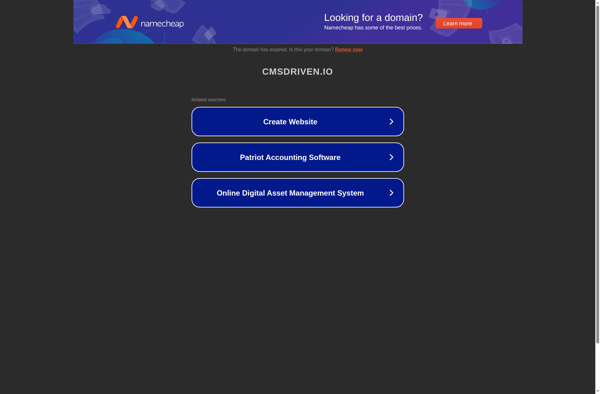Prisma ORM
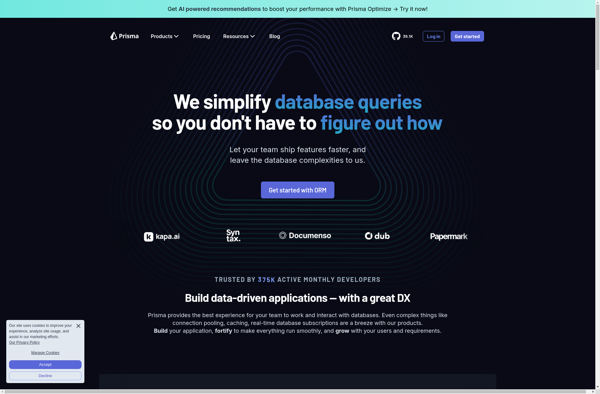
Prisma ORM: Open-Source DB Library for Node.js
Prisma ORM is an open-source object-relational mapping library for Node.js that makes it easy to work with databases, managing database connections, executing queries, and mapping queries to models and objects.
What is Prisma ORM?
Prisma ORM is an open-source object-relational mapping library for Node.js applications that simplifies the interactions with databases in a backend application. It is a performant and flexible library that makes it easy to work with SQL databases like PostgreSQL, MySQL, and SQLite.
Some key features of Prisma include:
- Auto-generated and type-safe database client
- Declarative data modeling using the Prisma schema to define models
- Advanced querying and relations support
- Built-in migrations system for updating database schemas
- Robust production workflow support including seeding, deployments, and more
Prisma handles connecting to the database, building and executing SQL queries, mapping the queries to models/objects, and returning the data in a fast and safe way. This eliminates lots of repetitive CRUD boilerplate code. With Prisma's auto-generated and type-safe database client, developers can read, write, update and delete data using a clean API.
Overall, Prisma ORM makes working with databases much simpler for developers. It's a highly versatile library that increases productivity by reducing time spent on redundant tasks like database connection management, bindings, etc. Many developers advocate using Prisma as an alternative to writing SQL queries and boilerplate database access code.
Prisma ORM Features
Features
- Type-safe database access
- Generated and type-safe models
- Relation support
- Migrations
- Powerful abstractions like Prisma Client
- Works with SQL, MongoDB, FaunaDB, etc
Pricing
- Open Source
Pros
Cons
Official Links
Reviews & Ratings
Login to ReviewThe Best Prisma ORM Alternatives
Top Development and Orm and other similar apps like Prisma ORM
Here are some alternatives to Prisma ORM:
Suggest an alternative ❐Strapi
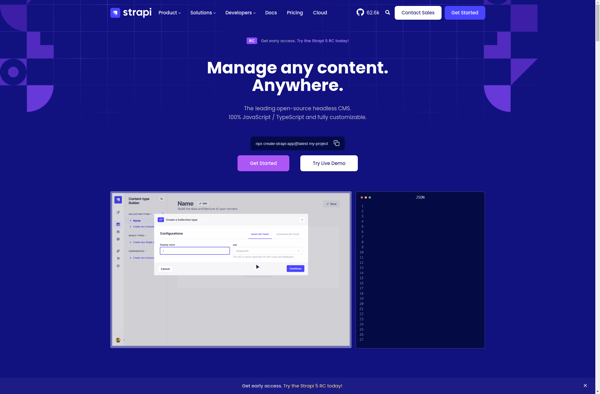
Supabase
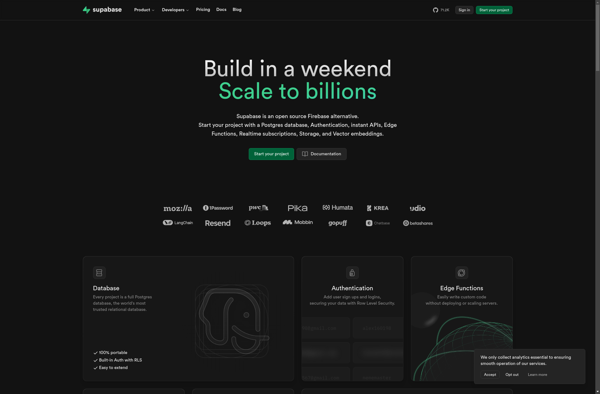
Contentful

Easybase
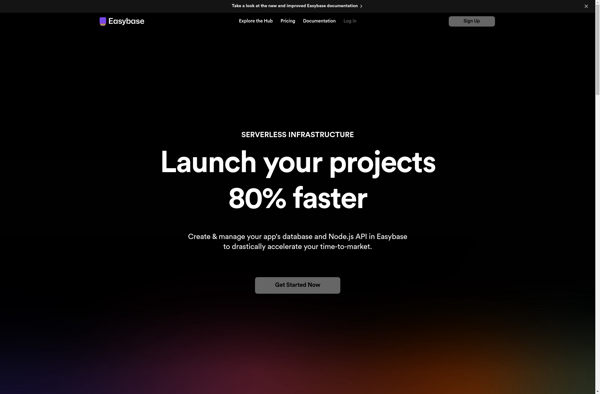
Etebase
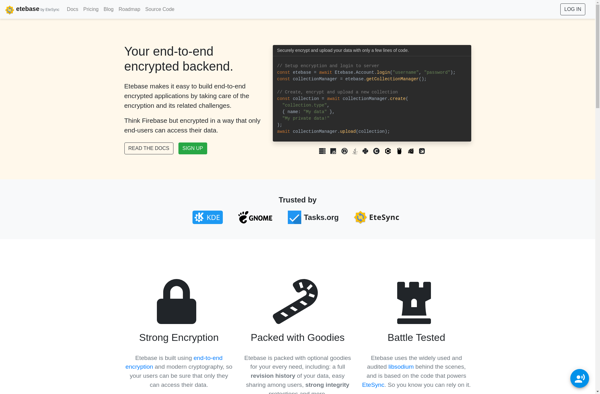
Sanity.io

Prismic
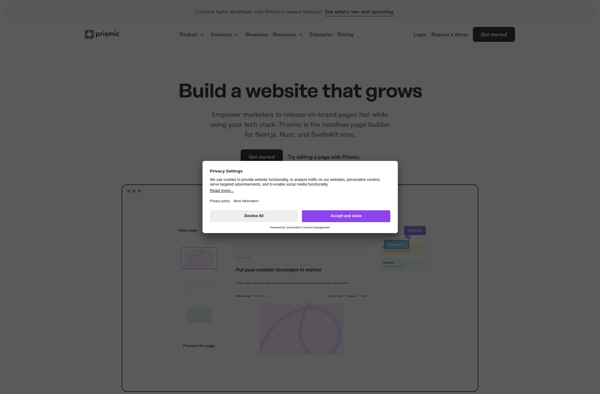
Fast.io
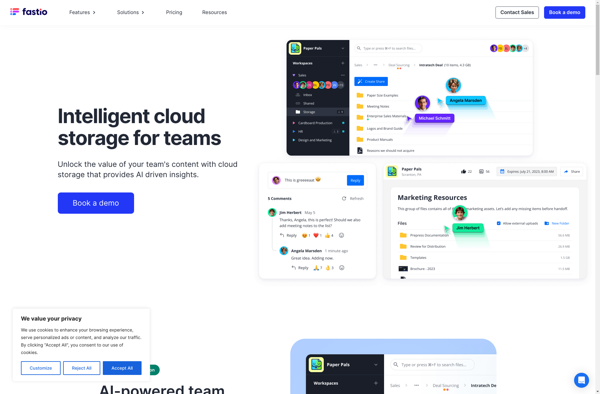
MeshyDB
API Platform
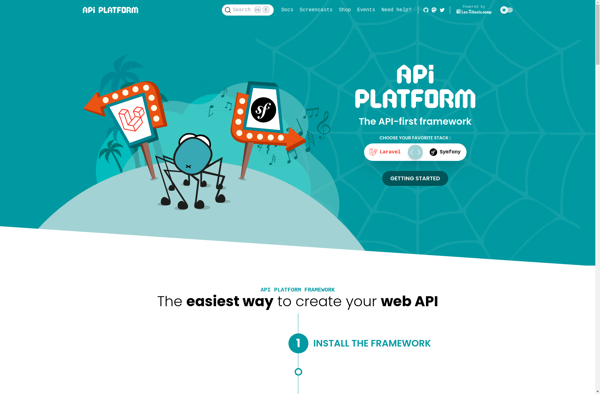
GraphQLZero
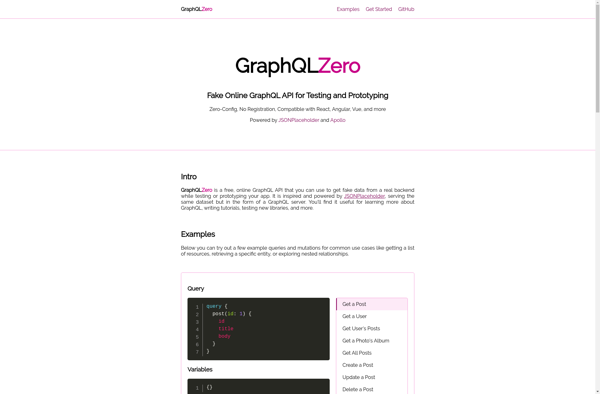
PostGraphile
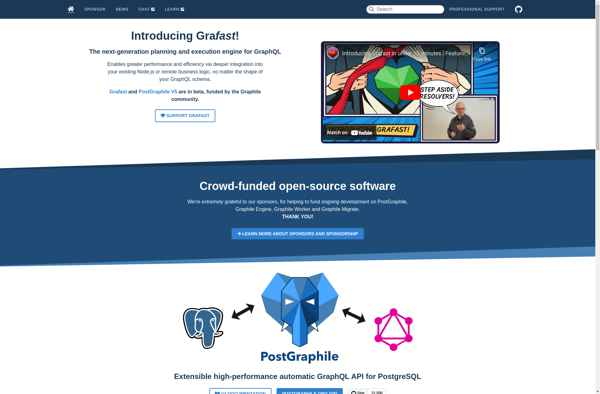
Cmsdriven.io
